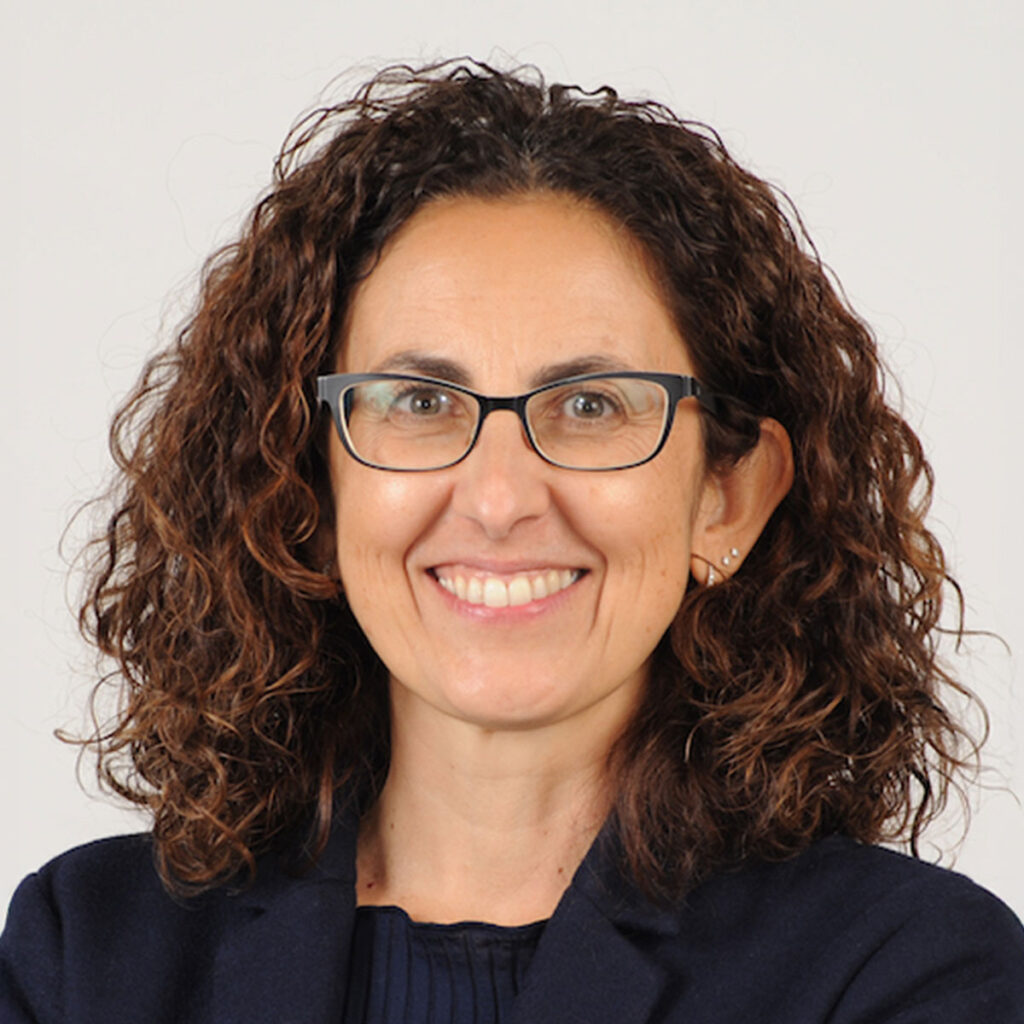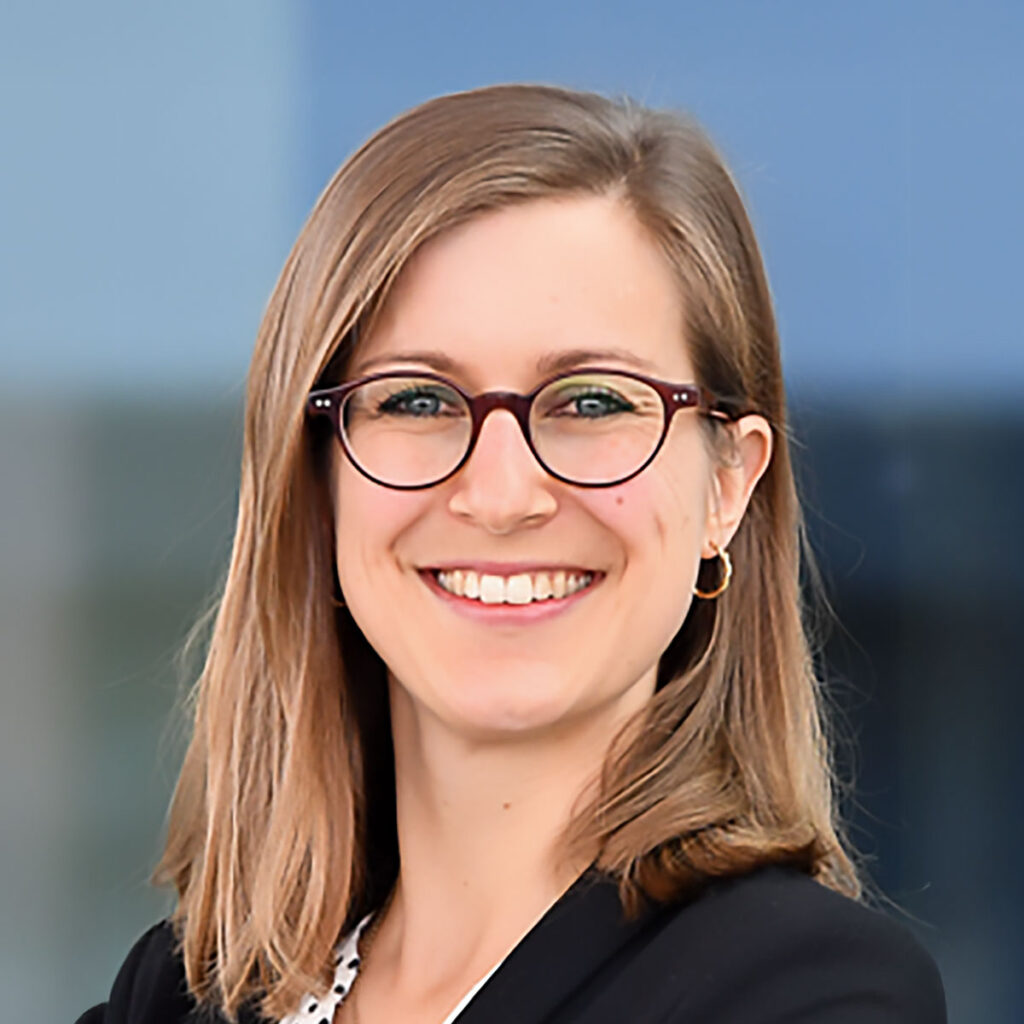About the program
This program aims to help physicians confidently implement the latest evidence-based strategies in lupus care. Developed in collaboration with leading experts Prof. Martin Aringer, Prof. Marta Mosca, and Dr. Johanna Mucke, the program addresses key challenges in management of SLE management worldwide.
Through a series of expert-led videos, we explore:
- Updated EULAR 2023 guidelines and the rationale behind the treat-to-target approach
- Standardization of disease activity measurement, including validated tools like LLDAS and DORIS
- Barriers to implementation of best practices in real-world settings
- The patient perspective, highlighting the emotional and physical burden of SLE and the importance of shared decision-making
Each module is available in video and podcast format, tailored to be mobile-friendly and bite-sized. A downloadable infographic summarizing key concepts and linking the video content provides a quick reference tool for clinical practice.
Updates, advances, and persistent unmet needs in SLE
An engaging introduction by Program Director Prof. Martin Aringer, highlighting best practices in lupus care and what learners can expect from the program.
Target audience
This independent educational program is suitable for Rheumatologists, Dermatologists, Nephrologists, Cardiologists, Neurologists, Gastroenterologists, and the wider global multidisciplinary team that manages SLE patients.
Planning committee
In addition to the expert faculty, Springer Health+ IME planners and staff include Kamran Ahmad and Jack Diamond. The planning committee have no financial relationships to disclose.
This program is aligned with Springer Medicine – an English-language, medical education platform provided by the Springer Nature Group. Springer Medicine supports doctors in their ongoing quest for optimal patient care, and delivers the latest evidence on new therapies, practice guidelines and news in easily digestible formats to keep healthcare professionals effortlessly up to date.
Learning objectives
Following completion of this independent educational program, learners will be able to:


